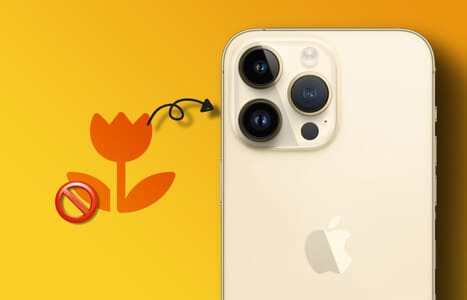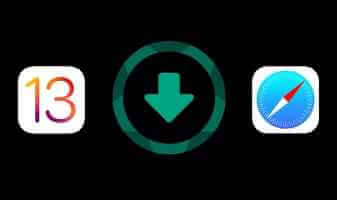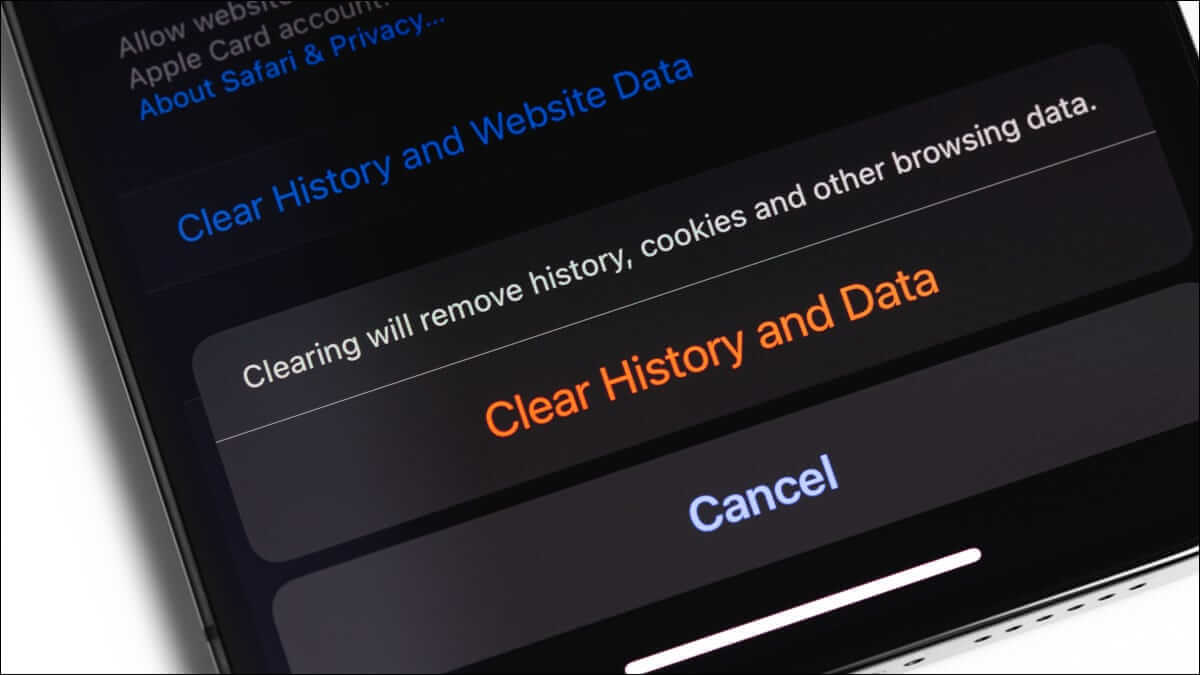One of Apple's goals in putting a device on your wrist is to save you from injury and get you to help from emergency services as quickly as possible. Fall detection on Apple Watch is one such feature. Apple Watch detects when you've taken a hard fall and contacts emergency services. This guide shows you how to set up and use fall detection on Apple Watch.
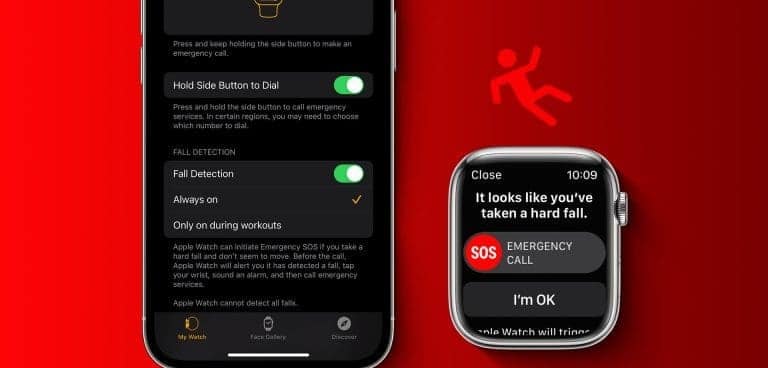
Although we may never use any of these features, it's still important to enable them on your Apple Watch. In this article, we'll show you how to enable fall detection on your Apple Watch and everything you need to know about it.
What is fall detection on Apple Watch?
The sensors, along with a few software algorithms on your Apple Watch, detect when you take a hard fall. Your Apple Watch will tap your wrist several times and alert you with an alarm that you've fallen. The alarm will wait for your response and ask if you're okay or if you need to call emergency services.
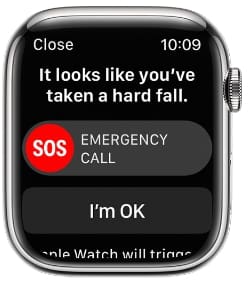
However, if Apple Watch doesn't detect any movement for a minute, it will call emergency services and the emergency contacts you've set up on Your medical IDYour Apple Watch will play an audio message, letting them know you've fallen and providing them with your location coordinates.
How does fall detection work on the Apple Watch?
The Apple Watch is equipped with an accelerometer and gyroscope. These sensors measure motion and orientation when you wear the watch. When you fall, your body undergoes rapid movements and changes in orientation. The watch uses data from these sensors to detect unusual movements.
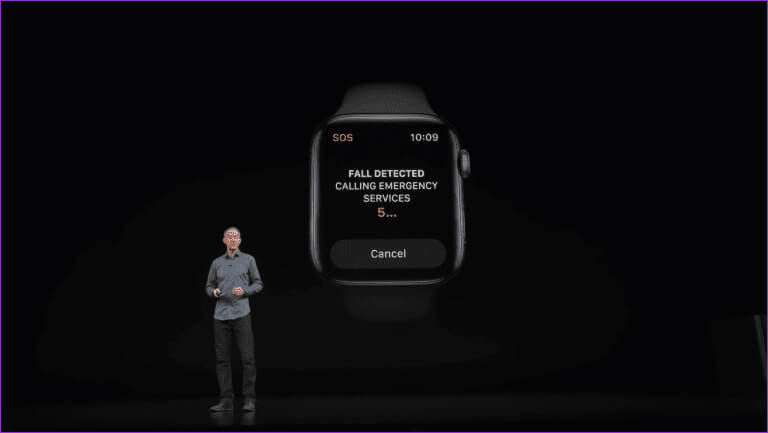
The watch uses a specialized algorithm to continuously analyze data received from the sensors. It looks for signs of a fall, such as a sudden, forceful impact followed by a period of inactivity. The algorithm distinguishes between normal activities, such as sitting or dropping the watch, and an actual fall.
Additionally, falls are automatically recorded in the Health app unless you determine you haven't fallen when your Apple Watch prompts you to do the same.
Fall detection is really helpful in accidents that happen when you're alone. Furthermore, if you own an iPhone 14 Pro or Pro Max, iPhone 15, or iPhone 15 Pro Series, it will call emergency services via Emergency SOS if you don't find a cellular connection.
Which Apple Watches have fall detection?
Fall detection was introduced on the Apple Watch in 2018 with the launch of the Apple Watch Series 4. All iWatches released since then support fall detection. Here's the full list.
- Apple Watch SE and SE 2
- Apple Watch SE 2
- Apple Watch Series 4, 5, 6, 7, 8, and 9
- Apple Watch Ultra and Ultra 2
How to set up fall detection on your Apple Watch
Here's how to set up Fall Detection on your Apple Watch. You can use the Watch app on your iPhone or enable it directly from your Apple Watch.
Note: Apple Watch enables fall detection by default if you're age 55 or older and enter your age during setup or in the Health app.
Enable fall detection on Apple Watch
Step 1: Click on digital Crown Once you enter the App Library, go to the app. Settings on Apple Watch.
Step 2: Click on S.O.S.
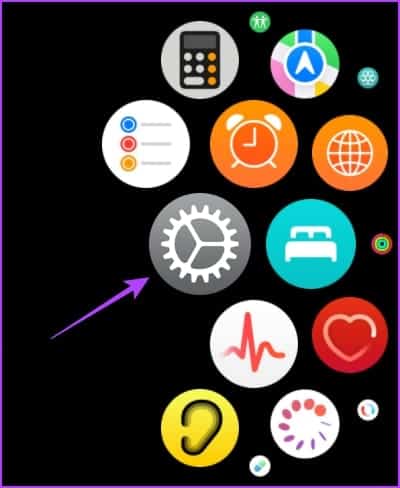
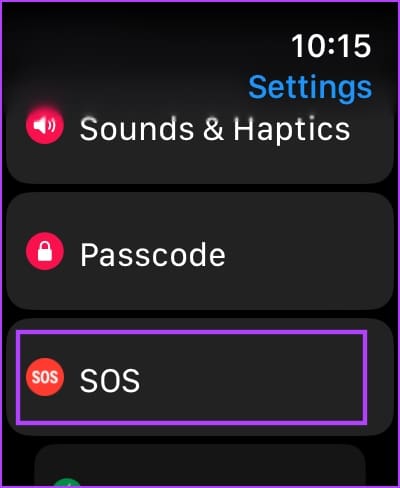
Step 3: Click on Fall detection.
Step 4: Turn on the switch switch To detect the fall.
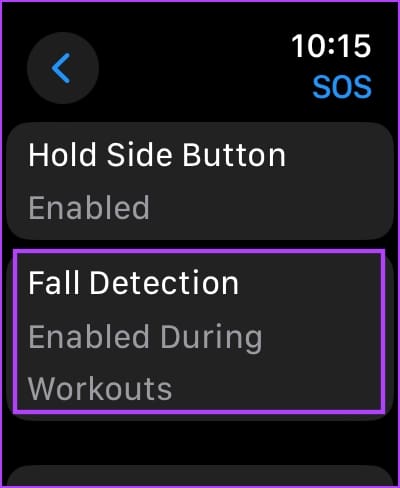
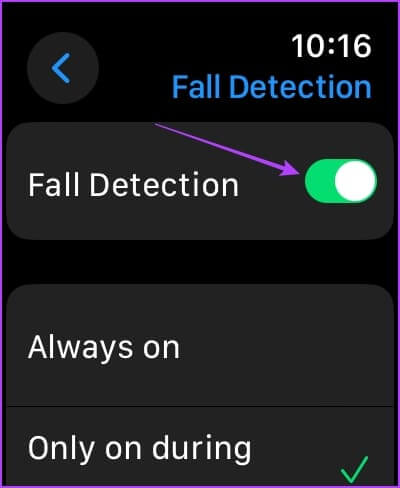
Step 5: Additionally, you can Determination Whether you want it enabled all the time or just during exercise.
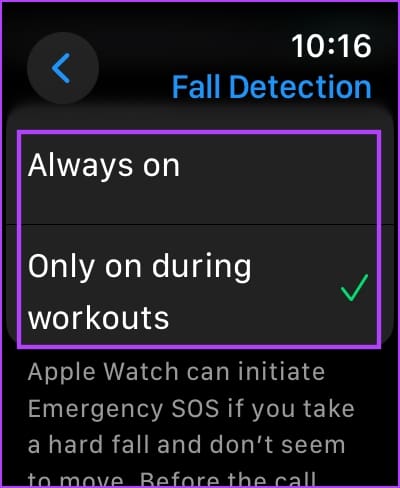
Using the Watch app on iPhone
Step 1: Open an app Watch on your iPhone
Step 2: Click on Emergency SOS.
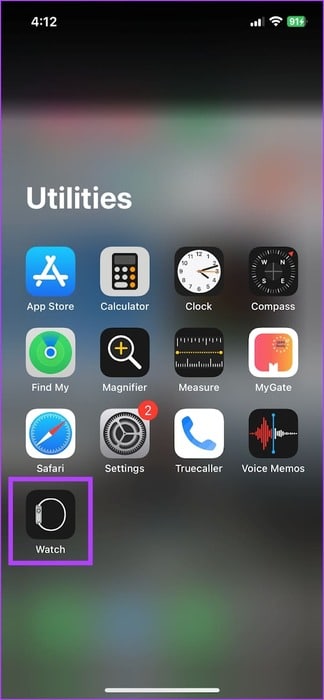
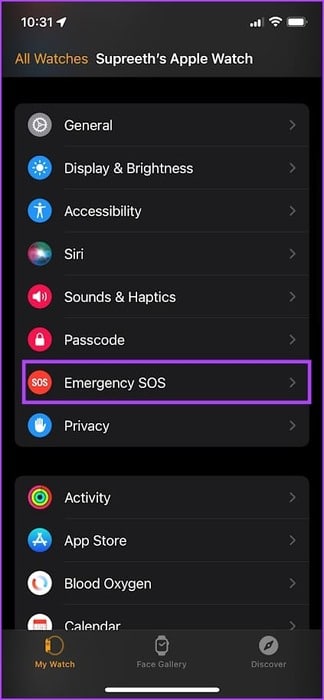
Step 3: Turn on the switch switch To detect the fall.
Step 4: Select whether you want enable it Always or only during exercise.
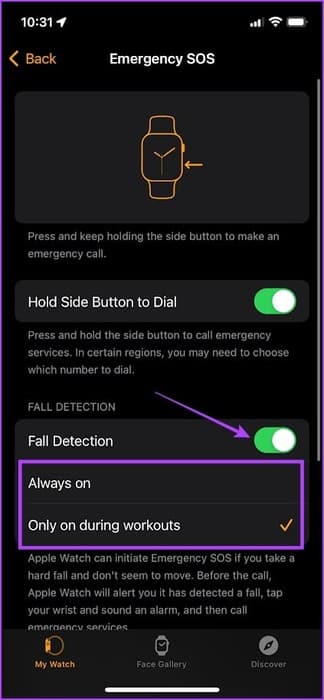
Note: You can access your fall log through the Health app on your iPhone. Go to the Health app on your iPhone > Browse tab > select Other Data > tap Falls.
Here's everything you need to know about fall detection on Apple Watch.
If you have any further questions, see the FAQ section below.
common questions:
Q1. Is Apple Watch Fall Detection available in all countries?
The answer: Yes, it's available in all countries. In areas with multiple emergency service numbers, Apple Watch will call emergency services.
Q2. Is Apple Watch Fall Detection free to use?
The answer: Yes, using the fall detection feature on Apple Watch is free.
Q3. What emergency contact does Apple Watch call during fall detection?
The answer: Apple Watch uses the contacts you set up for Medical ID on your iPhone.
Q4. How can I test the fall detection feature on Apple Watch?
The answer: We do not recommend testing the fall detection feature. You may injure yourself and damage your Apple Watch during this process.
Q5. Are Apple Watches with fall detection covered by insurance?
The answer: By default, Apple Watches with fall detection are not covered by any Apple insurance. If you purchase third-party insurance, you should check the coverage policy for your Apple Watch.
Save yourself from injuries
The Apple Watch isn't just a shiny device that displays notifications, weather, and widgets on your wrist—it can actually prevent serious injury by getting immediate medical attention. Features like Fall Detection make it a good investment. If you're interested in purchasing an Apple Watch, check out the latest Apple Watch Series 9 Edition How is it different from its predecessor?





